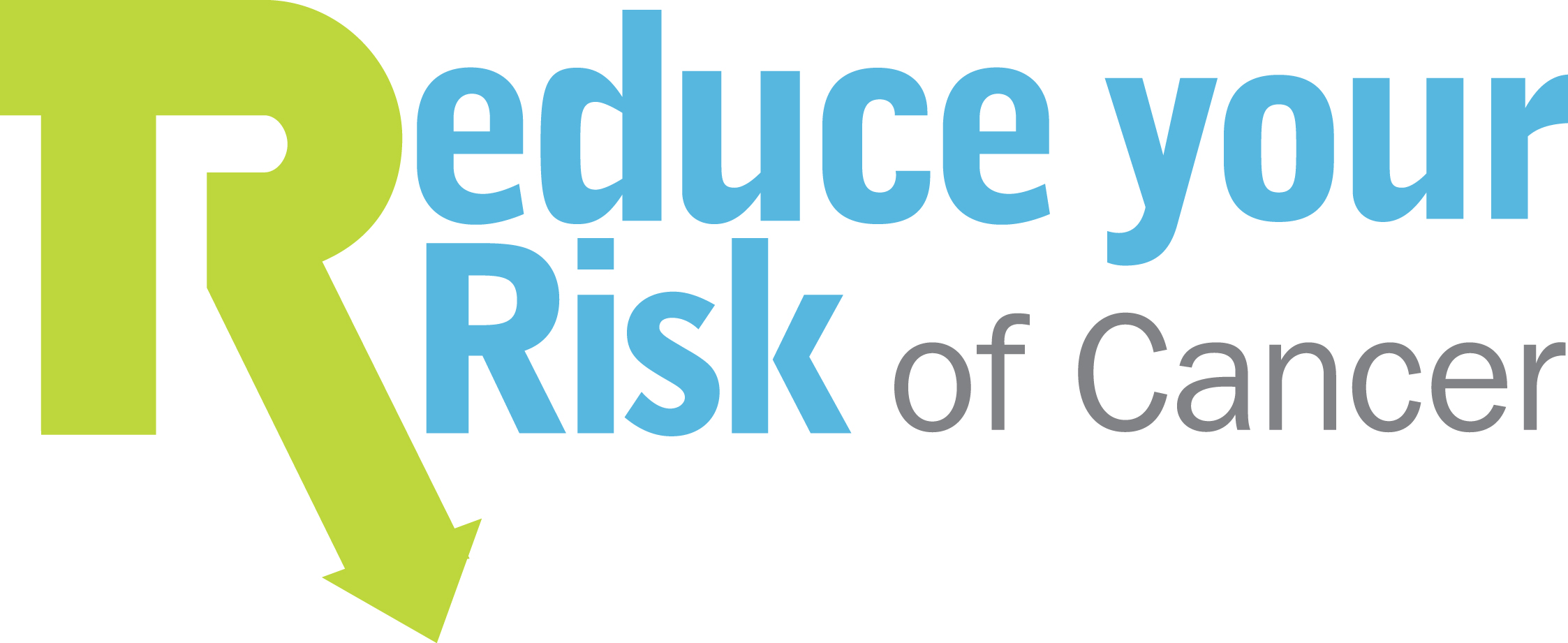
Cancer is caused by genetic mutations (gene errors) that transform healthy cells into tumor cells and cause them to divide uncontrollably. Cancers are on the rise globally, and their risk may be genetic or run in the family. However often environmental and lifestyle factors that are controllable, contribute to increased risk or occurrence of various cancers. Even though healthcare, medicines, and technology are advancing tremendously for cancer treatment, still prevention, screening, and early diagnosis remain the cornerstones for tackling cancers.
- Healthy Diet
Increase: vegetables, fruits, nuts, seeds, curds, pulses, whole grains, and water intake.
Decrease: saturated oils/fats, high sugar items, processed meats, red meats, high salt (in cooking and in packaged foods), and alcohol (limit to ≤1 glass/week and go for drink options with lower alcohol content)
Do not pack hot food (>70 deg C) in plastic containers.
- Avoid Smoking and Chewing Tobacco
Smoking (active and passive) or chewing tobacco is known to directly increase lung and mouth cancer risk along with contributing to increased risk of many other cancers as well as lifestyle/ cardiovascular diseases. This is the most well-established and totally avoidable cause of cancer.
- Lifestyle modification
Include physical activity of 30-45 minutes (walking, cycling, jogging, swimming, yoga or aerobics) in the daily routine on at least 5 days/week.
If sitting for prolonged periods (>2 hours), take a break to walk for 5 minutes, and stretch arms, legs, and neck.
A healthy diet and physical activity also help manage weight effectively (obesity is one of the factors known to increase cancer risk). Adequate rest with 7-8 hours of undisturbed night sleep daily is also important.
- Monitoring Radiation and Pollution exposure
Exposure to environmental cancer-causing agents (carcinogens) requires attention. Start with simple practical measures:
- Mobile phones – do not carry them in your pockets or close to the body (keep them in a bag). Do not speak on it while charging, and in case of long calls (>10 minutes) use hands-free stands, speaker mode or earphones). Do not keep them close to you while sleeping.
- During prolonged direct sun exposure, use a broad-spectrum sunscreen of at least SPF 30 and PA++).
- If working in a factory with exposure to chemicals that may be carcinogenic, adequate protective gear, garments, and post-work-washing with monitoring are essential.
- Special care is to be taken when working with chemicals like asbestos that can cause cancers called mesothelioma.
- Protect yourself with masks, if working or driving in open vehicles (autos, bikes, etc) on a routine/daily basis.
- Screening, Prevention and Medical Care
Screening for common cancers is advised based on age, type of cancer being screened and presence of risk factors. The frequency of screening is dependent on the type of screening test, preventive interventions adopted and risk factors present. Screening can help early diagnosis and cure of cancer.
Also, vaccination against HPV (Human Papillomavirus) and HBV (Hepatitis B virus) is known to reduce the risk of cervical and liver cancers respectively.
Also read:
References:
Knowing and Recognizing Carcinogens https://www.cancer.org/cancer/cancer-causes/general-info/known-and-probable-human-carcinogens.html
Screening for Cancer https://www.suburbandiagnostics.com/newsletter/burden-of-cancer-cancer-screening-in-india/?utm_source=THB&utm_medium=SMS&utm_campaign=word-cancer-day

